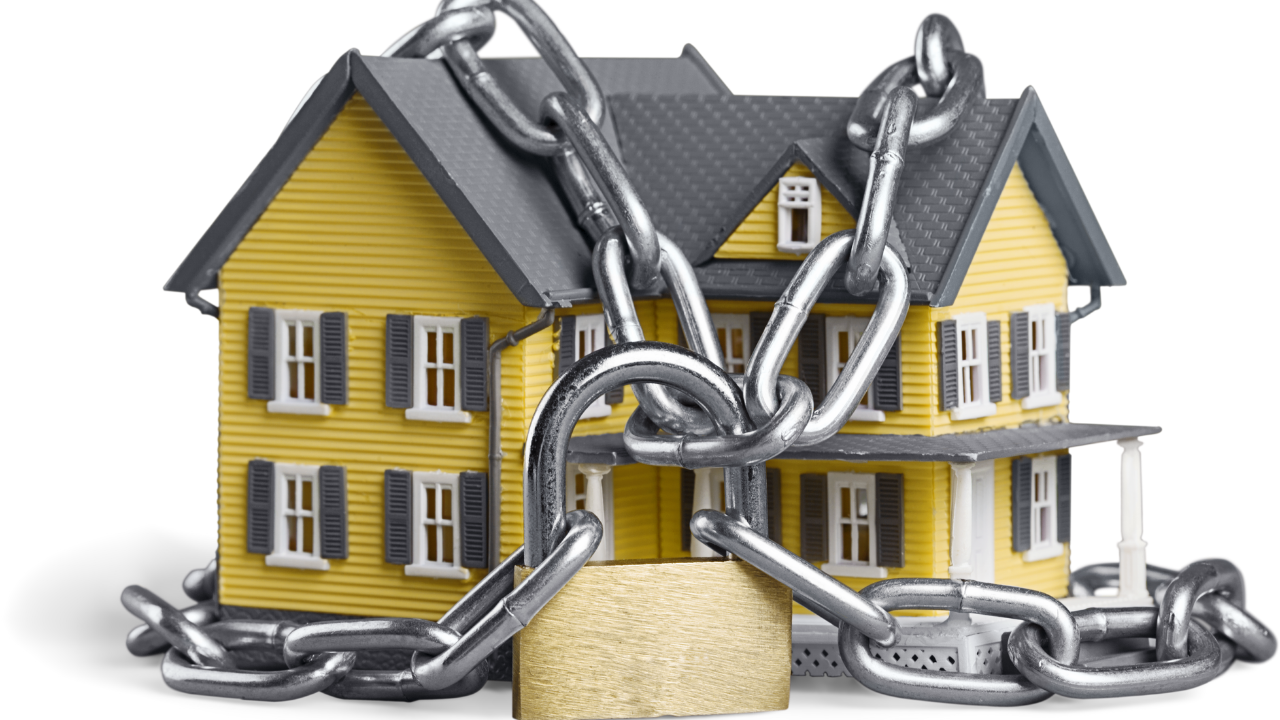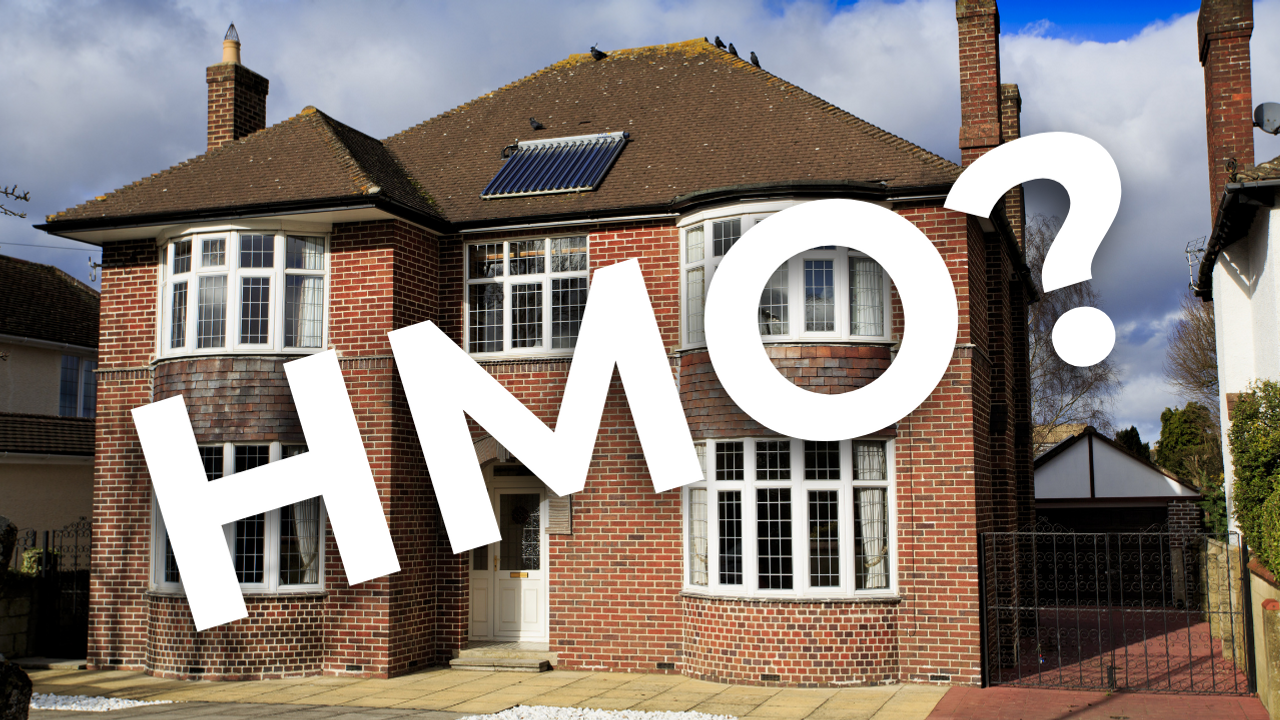Are you a ‘one-eyed’ borrower?

Mortgage lenders love 'one eyed’ borrowers!
What do I mean by this term? One-eyed borrowers are those who focus on one aspect of a mortgage to the exclusion of the rest of the deal. For most borrowers this single-focus is on the arrangement fee or the rate of interest.
As far as the lender is concerned fee focused borrowers don’t pay much attention to the interest rate they are being charged. Lenders love this one eyed borrower because they know they can hook them with a product which drops the fee down low, or even make a zero fee product.
The thing lenders love best is that it doesn’t even cost them anything to do this, they just jack up the interest rate to make exactly the same as they make on their low rate/high fee products - give with one hand, take with the other.
However, there are also one eyed rate borrowers who are so focused on getting a really low interest rate they don’t pay much attention to the arrangement fee they are being charged. Lenders love this 'one eye...
Asking for the Impossible...

Asking for the impossible …
THE QUESTION
Obviously you find the good deals when you’re not looking and haven’t got the capital to hand. Currently I have around £20k in cash, and I’ve found a property that requires refurb (£15k). The purchase price is £195k, with a projected sale price of £270k.
How can I finance this? I am happy to look at bridging. I’ve never done a flip before, always BTL, and I’m not averse to renting it out, but the yield doesn’t really fit my usual figures. Am I asking for the impossible?
THE ANSWER
You more or less got it - asking for the impossible. Your available cash equates to 10% of the purchase price, and then you need to also pay for, stamp duty, valuation fees, legal fees, and the refurb on top.
No lender will to lend you 90% of the purchase price, so bridging is a non-starter, - you need more cash, or you need to use equity in a property you already own. If you own a property with at least 50% equity a cross-collateral bridge may work.
On...
No Lockdown for Property!

No lockdown for property!
The predictions for the property market weren’t good as we entered lockdown in March 2020.
Savills, who are a nationwide, very well-respected estate agent, presented their opinion on the future of the property market due to the pandemic. They predicted that the property market would suffer a severe dip by the end of December 2020, with property prices dropping between 5-15%. They estimated that this would be followed by a two year climb back and things would be back to normal by 2025.
Why were their predictions wrong? I believe various factors had an impact.
Brexit
Brexit was confirmed without all the hoped for agreements at the end of January 2021. Most people in property, during the 4 year + period between the vote and eventually leaving, thought that there would be a property crash as soon as we left the EU.
Many investors thought it was a good strategy to wait for prices to drop and then sweep up the good deals. Then Brexit came and went fol...
Splitting a commercial-residential property

THE QUESTION
If a commercial/residential property is no longer trading and is currently unfit for trading can you purchase the property through a residential mortgage or will you still need to go down the commercial route? Or are there specialist brokers that deal with 50/50 mortgages?
It’s a 2 bed flat above a chip shop, they’re both connected at the moment and were previously leased as a single entity. I plan to segregate the shop from the flat, lease the flat out and run the fish shop myself. The shop needs about 3k spent to get it up and running and the flat needs about 2k to separate it from the shop and make it liveable.
THE ANSWER
What you refer to as 50/50 mortgages, part residential, part commercial don't really exist as a mortgage type. Commercial mortgage lenders lend on full and part commercial properties, but BTL lenders don't lend on properties that have any commercial usage, part or whole.
Commercial lenders require the property to be currently trading, not
...HMOs: a great idea or not?

Homes of multiple occupancy (HMOs) have gained traction as an investment strategy over the years and investors often ask my advice about whether they’re a good way to go.
In reality, HMOs would not be my go-to strategy, especially for new investors. To make them work now, you really need to understand the supply/demand ratio in the area where you intend to buy. You need to ensure if there are more people looking for this kind of accommodation than there is available.
Know your tenants
Nobody dreams of sharing a house with a bunch of other unrelated people - they only do so because they either can’t afford their own place or have chosen to pay a lower rent in order to save up for something. Sometimes people who are working away from their main residence area for an extended period may look for an HMO near where they’re working for weekdays.
As soon as the reason for them making that choice is resolved, they move out. This may be when they’ve saved a deposit to buy their own plac...
Financing an auction purchase

THE QUESTION
I'm looking for a little guidance on financing an auction property.
My brother and I have construction management experience and are looking at a house coming up for auction shortly. We have roughly £50K to use as a deposit and to get any renovation works started.
We're considering a house with a guide price of £280K and would pay up to £300K for it. We estimate that it would need £100k of work to bring it up to scratch, including a large extension, and would be worth well north of £500K once complete.
I have spoken to a broker I found online who have offered 65% LTV, which leaves us a fair bit short of being able to purchase and complete the project.
Are there other financing options that won't completely destroy the margin? I've considered Mezz, but rates of 20% aren't particularly attractive!
Second charge lending has also cropped up before so am interested to learn more about it. I do not have property in the UK, but my brother has £500k or so equity in his hom...
Don’t get auction fever!

Property prices at auctions are going crazy! The bidding is pushing prices way above their market value - not just by a couple of thousand, but by tens of thousands.
Here are a couple of examples I’ve recently come across.
A property was put up for auction that was located in a street where the best price for any of the other properties had been £230K. The property being auctioned wasn’t in good condition and it was estimated that it would need about £45-50K to bring it up to its full value. The winning bid was £220K - before stamp duty, legal costs and auctioneer’s fees.
Crazy! – that buyer is going to be nursing a serious loss when they get around to doing the necessary modernisation.
Another property in a street of small 2-bed terraced properties was up for auction and the best price any of the similar properties had made in the recent past was £120K. It definitely needed a facelift, which would probably cost in the region of £20-25K. The property had been on the open mark...
How to fund the purchase of a commercial property

THE QUESTION
If an asset holding company that owns a portfolio of BTL properties wants to mortgage one (unencumbered) in order to loan those funds to another company (a child of that company) for the purpose of buying a commercial building in cash (i.e. office and warehouse) is this feasible or would lenders take issue with it? Technically it's a vacant commercial unit.
This needs doing quickly as the deal is live right now.
THE ANSWER
It would be wise the check out with your accountant on the tax implications of your idea. From a lending point of view, lenders have no issue with you raising money for a deposit from the equity of other properties you own, this is done frequently without problem.
Where you will hit a problem is that you want this done quickly/immediately, it won’t be. It will take longer than that for the reason that mortgage lenders for the BTL mortgage are slower at processing mortgages than before Covid, for a variety of reasons but it means that ‘quickly’ is...
Are you leaving deals on the table?

When a deal falls through and someone else ‘buys’ the property, what do you do?
Properties are selling fast, the market is buoyant and the competition between buyers is hot. It’s not just investor v. investor, you’re up against anyone who is looking for their next home too. So, you’ve made an offer and the answer is ‘Sorry, someone else has made a better offer and it’s been accepted.’ Now what?
Most people write that one off and go on to their next deal. But what if you haven’t actually missed out on the deal?
Did you know that one in every three deals fall through?
The sale is not complete until contracts are exchanged and that can take weeks - usually months. As the saying goes ‘There’s many a slip between cup and lip’ and in property that is very true.
People don’t complete the deal for lots of reasons - they may have a change in personal circumstances, find another property they like, are unable to sell their current place, are stuck in a chain that means they’re forced t...
Does Knotweed mean no mortgage?

THE QUESTION
I've seen a house with knotweed which is 8 metres from the house and is level 3. Do mortgage providers lend on properties with knotweed? If not, could I get a bridging loan, excavate the knotweed and refurb the house then refinance?
THE ANSWER
Several issues here, so let’s deal with them
- Mortgageability - Japanese Knotweed is one of the biggest no-nos for mortgage lenders, because of its potential ability to undermine the foundations of a property. Its current 8 metres proximity to the property won’t be 8 metres for long, given its propensity to spread. It’s highly unlikely that you would be granted a mortgage, especially at the time of year when it is in full growth mode, April to August, which can be up to 20 cm per day in some cases.
- Eradication of Japanese Knotweed is controlled and only possible through licensed contractors. Excavation or chemical treatment are the options. With excavation a depth of 3 metres is required as well as 3 metres in every direc ...




